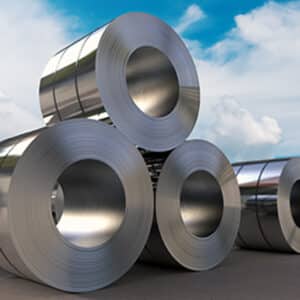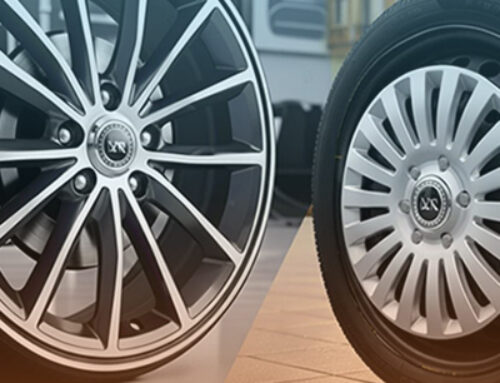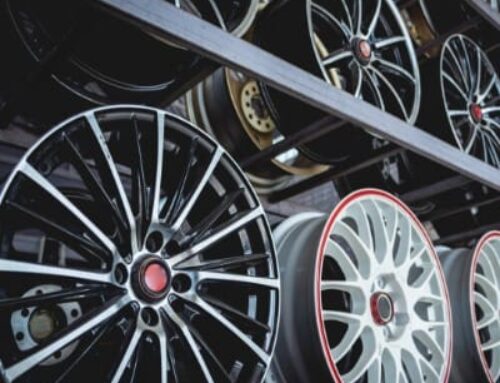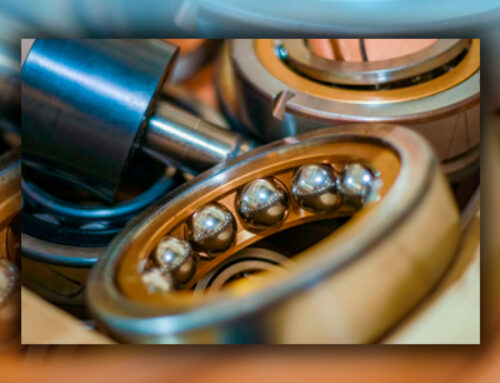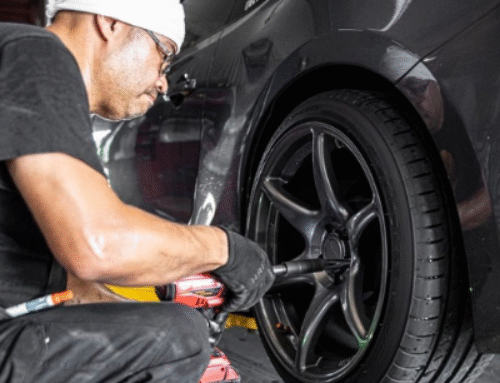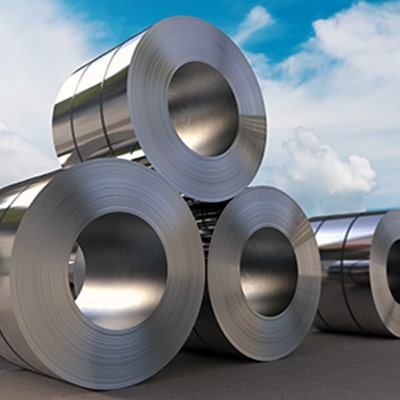
Different types of wheels
When it comes to your vehicle’s wheels, you have Different types of wheels to choose from. The right wheels can enhance performance, add style, and improve the overall look of your car or truck. Understanding the pros and cons of different wheel types can help you pick the perfect set for your ride.
Alloy Wheels
Alloy wheels, sometimes called aluminum wheels, are one of the most popular wheel options on the market today. As the name suggests, alloy wheels are made from a blend of different metals, including aluminum, magnesium, copper, and zinc.
The big benefit of alloy wheels is that they are lightweight yet very strong and durable.
The alloy materials make the wheels resistant to corrosion, cracks, and warping. Alloy wheels come in a wide variety of designs and finishes – from simple silver to stylish black, chrome, and even custom colors to match your vehicle.
Besides looking great, alloy wheels also provide performance benefits.
Their lightweight construction improves acceleration and fuel economy. Alloy wheels dissipate heat from the brakes more quickly, reducing brake fade. And they are easy to clean and maintain. Just be sure to avoid potholes and curbs, which can bend or crack alloy rims.
Steel Wheels
Steel wheels represent an affordable, basic option for many vehicles. As the name suggests, steel wheels are made from steel, often coated with enamel paint for decoration and rust prevention.
Steel wheels get the job done for basic transportation needs. They are inexpensive to produce and buy. Their all-steel construction makes them quite durable and able to handle occasional potholes or curb bumps. Steel provides a smooth ride and good traction.
However, steel wheels are heavier than alloy or aluminum options.
The added weight can slightly reduce acceleration and fuel efficiency. Steel wheels offer less aesthetic variety – most are simple silver or black. And uncoated steel wheels will eventually rust without proper care.
Overall, steel wheels are a good budget-friendly choice that will last for years, especially with added wheel covers or custom paint. They strike a good balance between cost, durability, and performance.
Forged Wheels
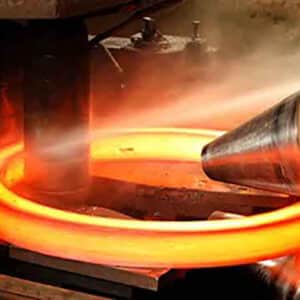
This forging process makes the aluminum incredibly strong, even more so than typical alloy wheels. Forged wheels are typically lightweight yet extremely rigid and durable. They withstand high impact forces from potholes or debris. The forged metal is resistant to cracking and warping even under hard cornering or performance driving.
Forged wheels are often chosen for their combination of strength, durability, performance, and attractive appearance.
The forging process allows very intricate and artistic wheel designs not possible with other methods. From intricate multi-spoke designs to durable mesh-style wheels, forged gives designers tremendous flexibility.
Of course, such high-end performance and style comes at a price – forged wheels usually cost much more than basic steel or alloy options. But for drivers seeking the ultimate blend of appearance and durability, forged aluminum wheels deliver.
Cast Wheels
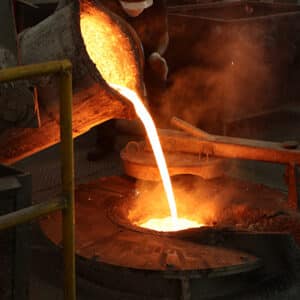
Two of the most common types of metal used in cast wheel production are aluminum and zinc.
Cast aluminum wheels offer many benefits including light weight, attractive appearance, durability, and improved performance. Zinc is combined with aluminum on many wheels to help resist corrosion.
Casting allows more freedom in wheel designs compared to steel stamping. Many cast wheels mimic styles originally only found on higher-end forged wheels. While cast aluminum wheels are not as strong as forged, they are significantly stronger than basic steel wheels while still being affordable.
Another reason cast aluminum wheels have gained popularity is their improved durability compared to earlier generations of cheaper alloy wheels. Metallurgy and casting techniques have progressed to create a reasonably priced yet reliable wheel.
For drivers seeking an affordable alloy/aluminum wheel that offers better durability than steel and a greater variety of styles, cast aluminum is a top choice. From basic silver finishes to shiny black, chrome, and even color-matched painted wheels, cast aluminum offers great options.
Split Rim Wheels
Split rim wheels, also called two-piece wheels, represent an older wheel technology that is no longer common on modern passenger cars. But they are still found on some commercial trucks and trailers.
As the name suggests, a split rim wheel is made of two pieces – a rim base and a removable rim ring that connects together with bolts to sandwich the tire into place. This two-piece design allows easy tire removal for servicing – the rim ring can be taken off to access the whole tire and tube.
Steel is the most common material used to manufacture split rim wheels. The simple bolt-together design results in a reasonably priced heavy-duty wheel. The main drawback is also the two-piece design – if the bolts loosen over time, air pressure can separate the pieces and cause a dangerous explosion.
While still legal, split rim wheels have largely been replaced by safer one-piece wheels.
Truck owners using split rims should regularly inspect the condition of the wheel and replace any cracked or damaged pieces. Always take care when removing and installing the removable rim ring.
For most drivers, split rim wheels are best left in the past, in favor of modern one-piece wheels. But they served a useful purpose in years gone by, allowing easy tire servicing on commercial trucks before safer wheel designs were available.
With this overview of the common wheel types available, you can better evaluate your options and choose the best wheels for your vehicle needs and budget. Whether you prioritize affordability, performance, style, or durability, understanding the pros and cons of different wheel designs will help you pick the ideal set.
Let us know if you need any guidance selecting new wheels or have additional questions!
Frequently Asked Questions (FAQ)
✅ What type of wheels are best for daily driving?
➡️ Alloy or cast aluminum wheels are ideal for daily driving due to their balance of durability, performance, and style.
✅ Are forged wheels worth the extra cost?
➡️ Yes, forged wheels offer superior strength, lighter weight, and high-end design, making them worth it for performance-oriented or luxury vehicles.
✅ Do alloy wheels improve fuel efficiency?
➡️ Yes, their lighter weight reduces rotational mass, which can improve fuel efficiency and acceleration.
✅ Are steel wheels better for winter driving?
➡️ Steel wheels are often preferred in winter because they are more impact-resistant and less expensive to replace if damaged.
✅ What is the difference between cast and forged wheels?
➡️ Cast wheels are made by pouring molten metal into molds, while forged wheels are shaped under pressure, making forged wheels stronger and lighter.
✅ Are split rim wheels dangerous?
➡️ They can be if not properly maintained. Due to safety risks, they are largely outdated and replaced by modern one-piece wheels.

